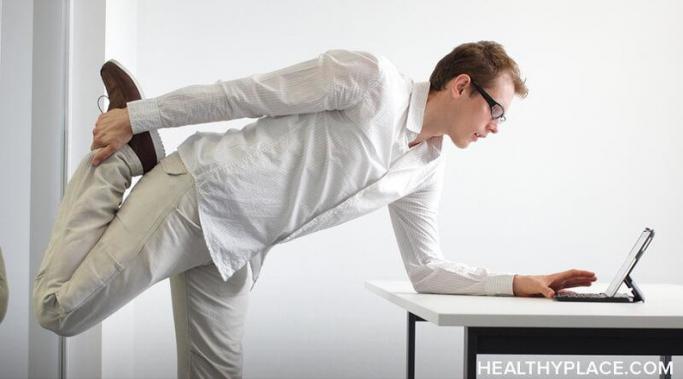Holiday season isolation can be destructive to your self-esteem; however, you can learn to deal with the pain of holiday season isolation. Perhaps you don’t have real friends or family, you have a toxic family, loved ones are far away or friends are too busy with their own families. The festive season can also be a trigger for mental health issues including depression, anxiety, disordered eating, bipolar disorder, addictions and grief. If you're experiencing a mental health issue you might not be in the mood to celebrate, and you can feel isolated even if you're surrounded by people. Alternatively, you might not celebrate due to your beliefs. No matter what the reason for your holiday season isolation, it's important to minimise the impact it has on your self-esteem and general wellbeing.
Building Self Esteem
Many people have more anxiety during the holidays and feel less control. These 5 tips will help you feel less anxious during the holidays this year.
Being overly critical of yourself goes hand in hand with low self-esteem as well as other mental health issues such as depression and anxiety. Constructive criticism can be appropriate, healthy, and helpful at times; however, being overly critical is not. When you’re overly critical, you might have unreasonable expectations, exaggerate the negatives or you might be extremely judgemental of yourself. For a healthy self-esteem, it’s important to see yourself in a healthy, balanced way. To do that, you need to stop being overly critical of yourself.
How does someone appear confident and feel secure? Is there a look or a secret behind why some people exude confidence? The answer may surprise you. It isn't about what you're wearing or what you look like, it's about how mindful and prepared you are (How Mindfulness Can Increase Self-Confidence). Expressing yourself with others may be anxiety provoking but doesn't have to be with these tricks on how to appear confident and feel secure.
Overgeneralisation is a common problem that’s associated with low self-esteem, as well as other mental health issues such as depression and anxiety (Low Self-Esteem and Mental Illness). If you overgeneralise, you make assumptions or draw conclusions that are very broad and distorted. Note that overgeneralisation is not the same as seeing the bigger picture. Bigger picture thinking can be very valuable and healthy. However, overgeneralisation is a type of negative thinking that distorts reality; it is an unbalanced perception and an unhealthy way of thinking. It can magnify the negatives which can be damaging. The good news is that you can learn to stop overgeneralising and build your self-esteem.
Cancelling plans can be easy to do when your confidence is low. You may be anxious or uncomfortable, and those feelings will probably intensify as the plans draw nearer (take the Social Anxiety Disorder Test: Do I Have Social Anxiety?). Fear and anxiety can be overwhelming and negative thoughts take over. Negative feelings can get so uncomfortable, and pulling out of your plans may seem like the easiest thing to do. However, cancelling plans or not showing up can make things worse. It’s important to stop cancelling plans because of low confidence.
Does your relationship with food need help? Do you worry or become anxious about all the mixed messages about diets? Improve your confidence with food now.
Creativity can help you to build self-esteem, improve your mental health and boost your wellbeing. There are many ways that you can be creative and it doesn’t matter what you do. For example, it can be anything from writing, art, design, playing music, cooking, scrapbooking, pottery, cake decorating, knitting, sewing, woodworking, photography, gardening or dancing. Here are some reasons why it’s worth trying creativity to build self-esteem.
It can be hard to feel motivated and confident even on good days. Learn how to feel motivated with this DBT skill. It will get you feeling motivated and more confident fast.
It’s important to do the things you’re not comfortable with to build self-esteem. That means stepping outside of your comfort zone and challenging yourself. Naturally, you may resist doing this because it might make you anxious, fearful or just plain uncomfortable. Stepping outside of your comfort zone does take effort and it might seem easier to do nothing. However, sticking to what you’re familiar with can keep you stuck and it can damage your self-esteem. In order to create change, you need to challenge your negative feelings and do it anyway. Do the things that you’re not comfortable with and build your self-esteem.









